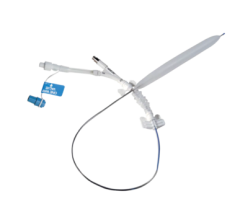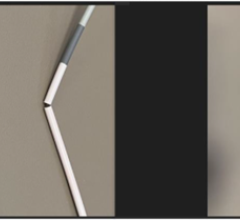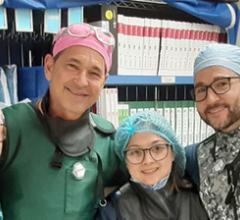
March 6, 2019 – Swiss-based M.A. MedAlliance SA has been granted Breakthrough Device Designation from the U.S. Food and Drug Administration (FDA) for Selution, its sustained limus release (SLR) drug-eluting balloon (DEB) catheter, for the treatment of coronary disease.
Selution’s technology involves micro-reservoirs made from biodegradable polymer intermixed with the anti-restenotic drug sirolimus. These micro-reservoirs provide controlled and sustained release of sirolimus. Extended release of sirolimus from stents has been demonstrated highly efficacious in both coronary and peripheral vasculatures. MedAlliance’s proprietary CAT (Cellular Adhesive Technology) enables the micro-reservoirs to be coated onto balloons and adhered to the vessel lumen when delivered via an angioplasty balloon.
MedAlliance is reportedly the first and only company able to deliver sirolimus in a DEB with an extended release profile similar to that of a drug-eluting stent (DES). Preclinical animal data shows therapeutic levels of sirolimus in tissue for greater than 60 days, and first-in-man clinical trial results in peripheral arteries demonstrate a late lumen loss of 0.19mm.
The FDA received the MedAlliance request to designate Selution as a Breakthrough Device in January 2019. The proposed indications for use included “improving luminal diameter, after pre-dilatation, in treatment of coronary artery ISR for stenotic lengths up to 36 mm with reference vessel diameters of 2.25 - 4.5 mm."
The goal of the Breakthrough Devices Program is to provide patients and healthcare providers with timely access to these medical devices by speeding up their development, assessment, and review, while preserving the statutory standards for premarket approval, 510(k) clearance, and De Novo marketing authorization, consistent with the Agency's mission to protect and promote public health.
The Breakthrough Devices Program offers manufacturers an opportunity to interact with the FDA's experts through several different program options to efficiently address topics as they arise during the premarket review phase, which can help manufacturers receive feedback from the FDA and identify areas of agreement in a timely way. Manufacturers can also expect prioritized review of their submission.
For more information: www.ma-medalliance.com


 June 13, 2024
June 13, 2024 









